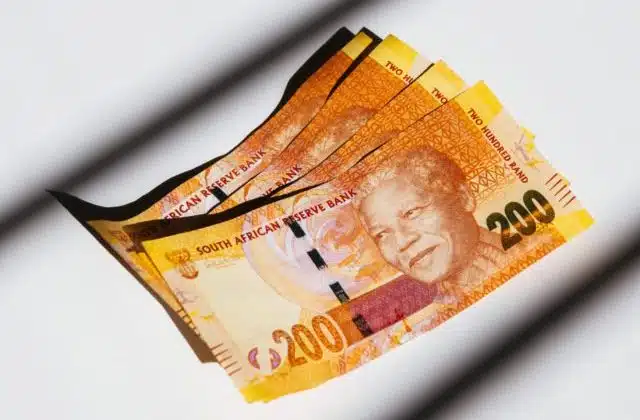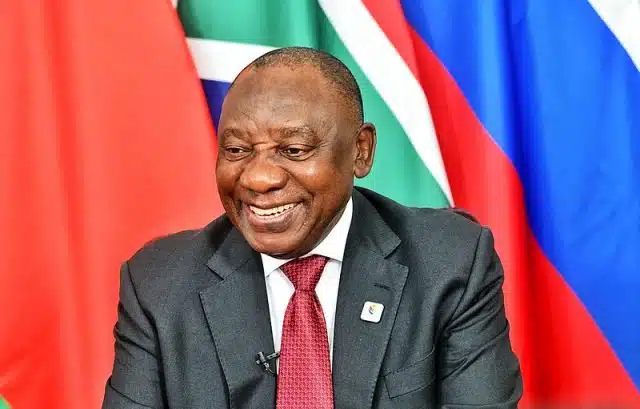
Hammer blows for consumers in South Africa
The Western Cape government has joined major metropolitan municipalities in rejecting Eskom’s latest tariff hike application, saying that residents across the country are already under siege, suffering hammer blows on all fronts.
The province said that years of national government mismanagement and corruption have driven a huge increase in the general cost of living in the country, exacerbated by the load shedding and the wider energy crisis.
“South African residents and businesses are now being dealt hammer blows on all fronts…all of which are making life impossible to afford for many residents and are bringing the poorest of the poor to their knees,” it said.
It highlighted the pressures South African face:
- Poor service delivery and the provision of services;
- Declining infrastructure;
- A stymied job market with high levels of unemployment;
- Government corruption and mismanagement;
- Persistent load shedding and deepening power crisis;
- The rising cost of living, including high inflation and rising interest rates.
Power utility Eskom has applied to energy regulator Nersa for a 32% increase in tariffs for 2023, which, when court-ordered costs are added, could escalate to 38%. This will further add to consumer pressure.
“South Africans across the board simply cannot absorb such a drastic increase, and it should not be granted to Eskom.”
The provincial government said that it is aware that Eskom needs tariff hikes to become financially viable but insisted that this cannot happen at the expense of residents.
“Instead, Nersa should consider granting an increase that is not above the current inflation rate – which would be the maximum that residents could possibly bear.”
Calls for an inflation-linked tariff increase were echoed by the cities of Cape Town, Johannesburg and Tshwane.
The City of Johannesburg said that should the increase be granted, it would have no choice but to push through the increases onto residents. It said it is of the view that Eskom has room to review and revise its proposed revenue down by R55 billion by reducing the increase for the 2023/24 financial year to at least 18.4%.
The City of Tshwane, meanwhile, said that the increase should be limited to single digits, in line with the National Treasury guidelines.
“The unfortunate reality is that, even with this proposed excessive increase, Eskom services are not guaranteed as the country continues to experience high levels of load-shedding that result in prolonged power outages,” it said.
Eskom’s energy availability is at all-time lows, expecting to average just 51% in September. Metros and civil action groups have argued that it is unjustifiable to expect consumers to pay even more for services that are simply not delivered to them – all to make up for Eskom’s inefficiencies.
Out of options
According to Intellidex analyst Peter Attard Montalto, steep price hikes for electricity may be unavoidable, however. The problem, he said, is that the country and Eskom have simply run out of options.
Speaking to Business Day TV, the analyst said that cost-reflective tariffs for Eskom are 40% to 45% above current levels, and the power utility is trying to get there as quickly as possible to address its revenue shortfalls, growing debt and operation needs.
Eskom’s original plan was to smooth this out over several years, but he Attard Montalto pointed out that this has been stymied by Nersa, which has prevented more significant increases in the past.
However, court cases over the years have shown that Nersa has acted illegally in blocking Eskom from recovering funds, so now this substantial historic ‘backlog’ of increases is coming out in one go.
“For Eskom, there really is no choice – either it recoups the costs through tariffs, or it recoups through bailouts,” the analyst said. “You can have a zero percent increase, but then Eskom needs a bailout of R80 billion. Clearly, that is not viable.”
“We’re running out of options here, and unfortunately, despite it being very challenging, we’re going to need a very large tariff increase.”
Read: Eskom’s worst week ever



